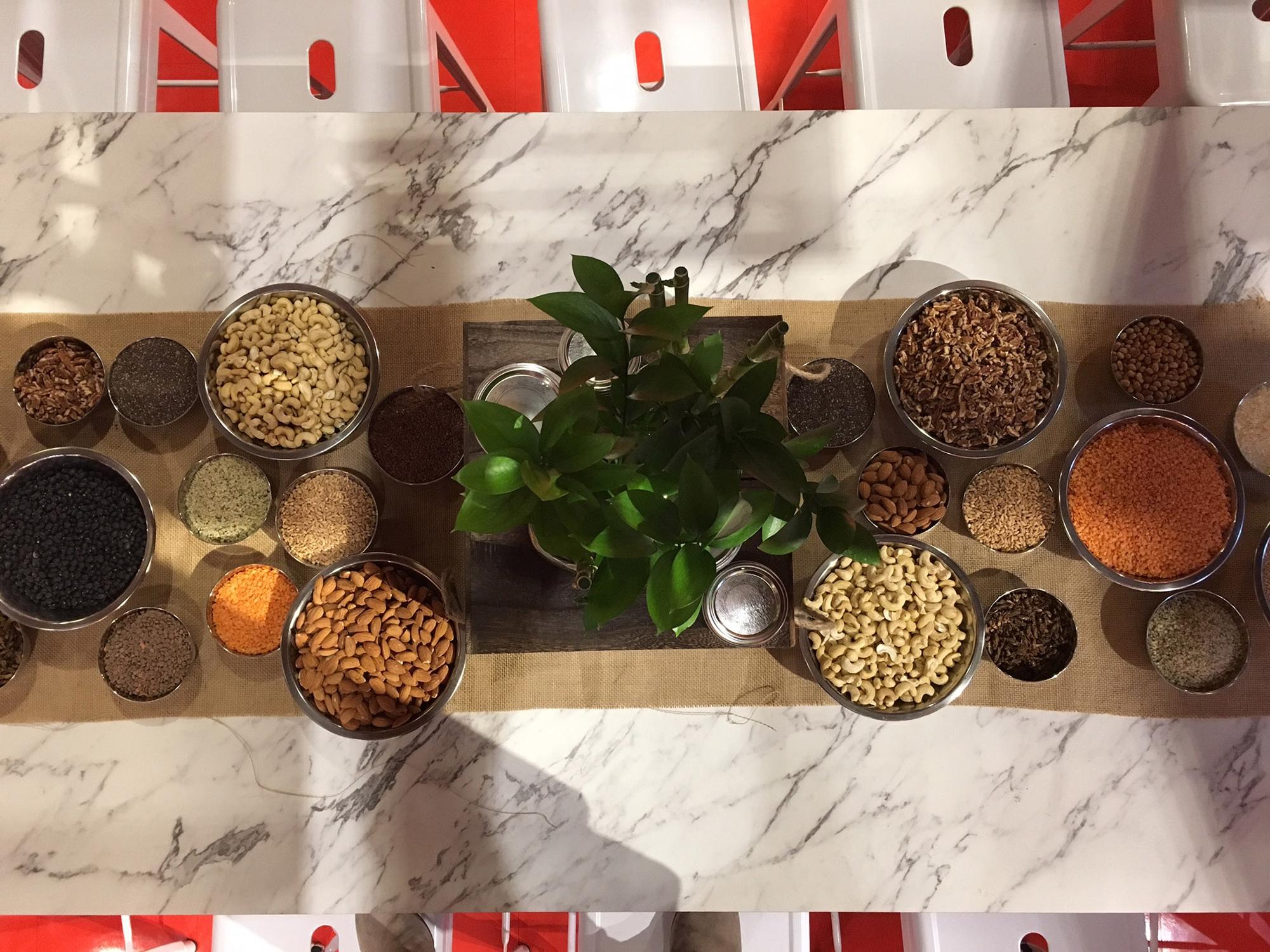
8 food trends to make your mouth water in 2018
This past year has been a big one on the Canadian food scene as we’ve seen trends like alternative proteins, accessible vegan, clean eating, simple ingredients and global-Canadian fusion come to life. And charcoal, lots of charcoal. After meeting with a council of Canada’s top chefs, academics and food writers, Mark Russell, executive chef for Loblaws, shares a taste of a few trends that will be big in 2018.
Zero food waste. “This trend kicked off in in restaurants in 2017, but you can expect it to go mainstream in the New Year as consumers try to further reduce household food waste,” says Russell.
Leftover revival. Who has time to cook every night? People may look for interesting and new ways to combine leftovers to create new and tasty meals that save on food prep time. New tools and rules to understand portion sizes will help home chefs plan accordingly whether that’s making the perfect amount for dinner, or batch cooking at the start of the week.
GIY — Grow-it-yourself. Beyond the traditional vegetable gardens, many of us will be looking to grow more of our own foods. “We’re already seeing the proliferation of backyard bee hives and changes to municipal regulations around chicken coops,” says Russell. “We think even condo dwellers will be getting their hands dirty with indoor herb and spout gardens as well as potted avocados and citrus trees.”
Shifting nutritional focus. With the upcoming launch of the new Canadian Food Guide, many will be interested in learning and understanding the changes as well as the ways they can incorporate the revised guidance into their diets. As a result, our dinner plates may undergo dramatic changes.
Full fat. “With consumer demand for fuller fat options already on the rise, I expect to see this trend to grow in 2018, especially in dairy,” asserts Russell.
Anti-sugar. As certain fats become friendlier, excess sugar consumption is already in the hot seat. “A number of large food producers are planning to launch lower-sugar options, especially in the area of sweets.”
Nutrition education. Ask a registered dietitian about it and they’ll probably tell you that nutritional education for young people is lacking. With the launch of an updated food guide and efforts being made on a national food plan, this also may be a hot topic in 2018.
Dairy alternatives. According to the Canadian Digestive Health Foundation, lactose intolerance affects roughly 7 million Canadians. “While many people are still discovering that options like almond and soy milk for morning smoothies, we’re also seeing more options, such as milk products made from peas and coconut milk popping up.”









